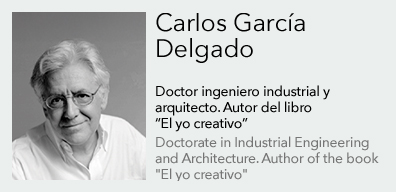
Televisión Española recently broadcasted a documentary showing the results of a genetics laboratory that has been working for years to unravel the disputed origin of Christopher Columbus. It had two parts: the first part showed the comparison of Columbus’ DNA with that of several historical figures and allowed the Galician, Portuguese, Navarrese, and Castilian theses to be discarded. But the second part, which affected two other theses – the Mallorcan and the Valencian – was more difficult because it was not possible to match Columbus’s DNA with that of a supposed relative. And the result was disappointing. It is a basic rule that when there is no evidence to confirm a hypothesis, it should be put on hold. Otherwise, it risks losing credibility. And that is what happened with the two theses cited above: DNA analysis could not provide reliable conclusions, and what should never be done was done: devising them.
In the case of the Mallorcan thesis, one point of interest was to elucidate Columbus’ relationship with Prince Charles of Viana. But a comparative analysis of their remains was not possible, since the prince’s remains had been looted. So an alternative had to be found, preferably a close relative of the prince, such as his father John II of Aragon or his half-brother Ferdinand the Catholic. But this was not possible either. So they resorted to analysing the remains of a distant ancestor, Tello of Castile (1337-1370), the natural son of King Alfonso XI.
 But it is well known how many natural children were produced by kings and nobles of that period (Alfonso XI had ten) and the lack of certainty that a natural child – even if recognised – was in fact a biological son. So, if Tello was chosen to have his DNA analysed, the result should have been confirmed with two or three other people related to Charles of Viana before being considered reliable. But it was concluded – with a complete lack of scientific rigour – that Columbus was not related to Charles of Viana because he was not related to Tello of Castile. A blunder.
But it is well known how many natural children were produced by kings and nobles of that period (Alfonso XI had ten) and the lack of certainty that a natural child – even if recognised – was in fact a biological son. So, if Tello was chosen to have his DNA analysed, the result should have been confirmed with two or three other people related to Charles of Viana before being considered reliable. But it was concluded – with a complete lack of scientific rigour – that Columbus was not related to Charles of Viana because he was not related to Tello of Castile. A blunder.
Equally weak was the analysis of the Valencian thesis. The surprising syllogism proposed to refute the Genoese thesis – Columbus was a Jew; there were no Jews in Genoa; therefore Columbus was not Genoese – lacks all logic. The first premise (Columbus was Jewish) is unprovable via DNA. And the second (there were no Jews in Genoa) cannot be proved either. It is true that there were expulsions of Jews in that city since the 12th century, but there were also expulsions in 1515 and 1550, which proves that they were never effective. So it can neither be affirmed that Columbus was a Jew, nor that there were no Jews in Genoa. And from these two false premises, it was concluded that Columbus was not Genoese. The defenders of the Genoese thesis will undoubtedly celebrate these results. Because closing the work with such gratuitous conclusions only gives wings to the opposite option.


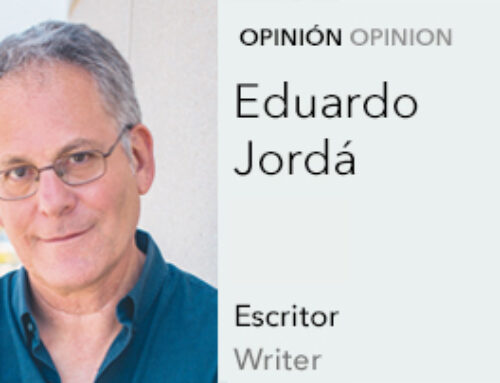
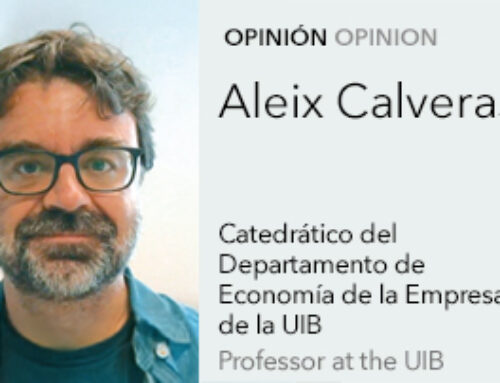
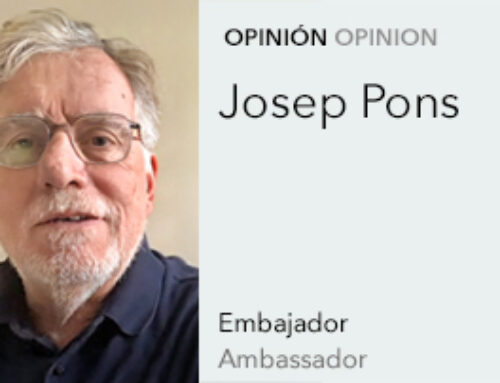
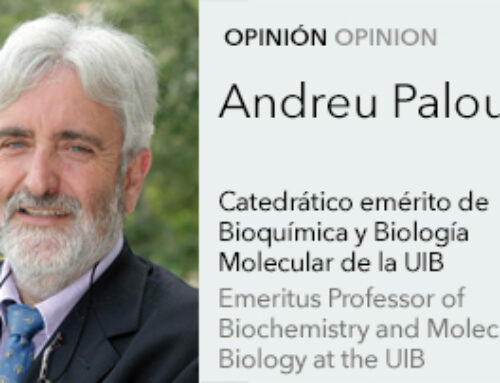
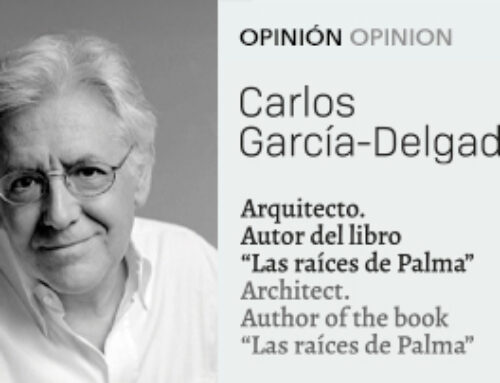

Leave A Comment